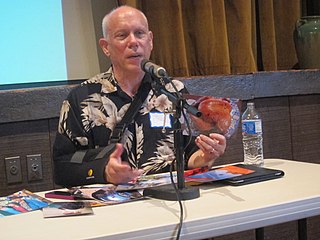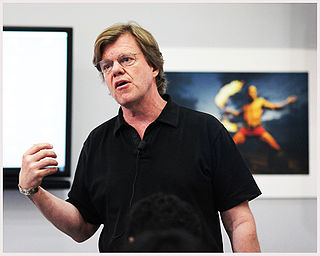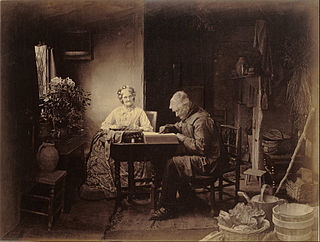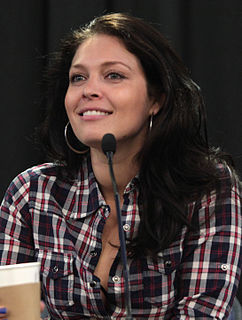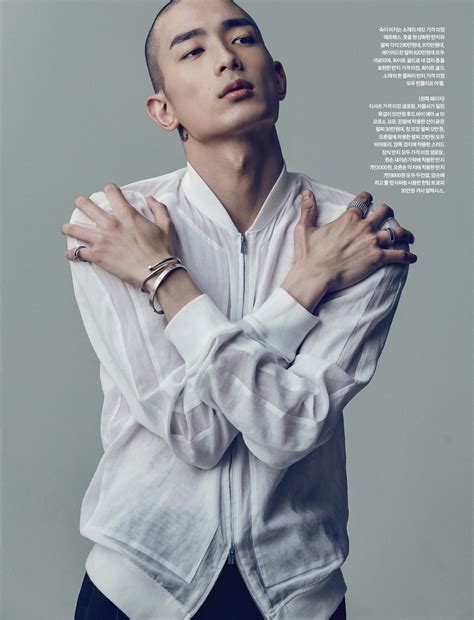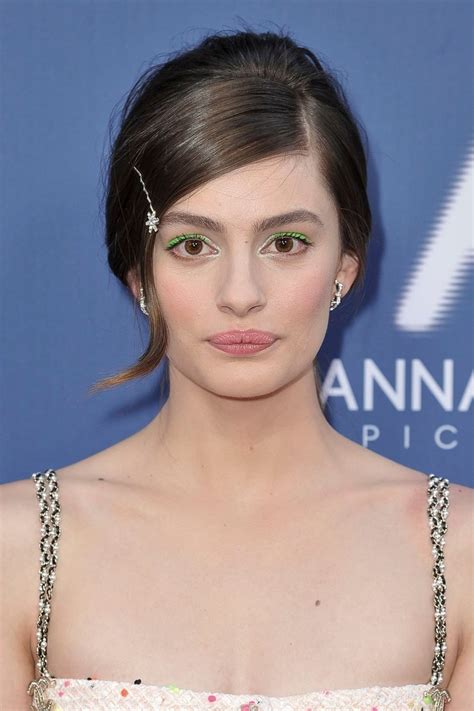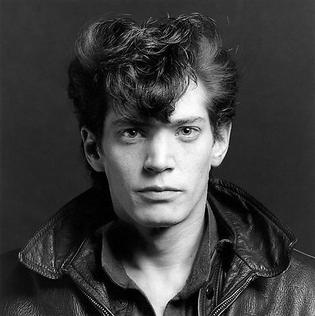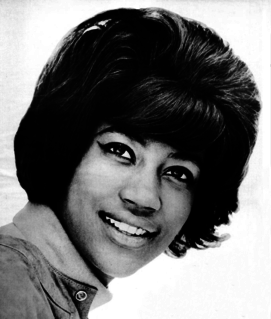A Quote by Sam Abell
My father taught me photography. It was his hobby, and we had a small darkroom in the fruit cellar of our basement. It was the kind of makeshift darkroom that was only dark at night.
Related Quotes
I was born in Seoul, South Korea; then I moved to New York City at the age of seventeen. In New York, I studied art and photography. I thought I would be a painter; then I saw Walker Evans when I was in college, and that had a great impact on me. Being in the darkroom making B&W prints was such a magical experience.


